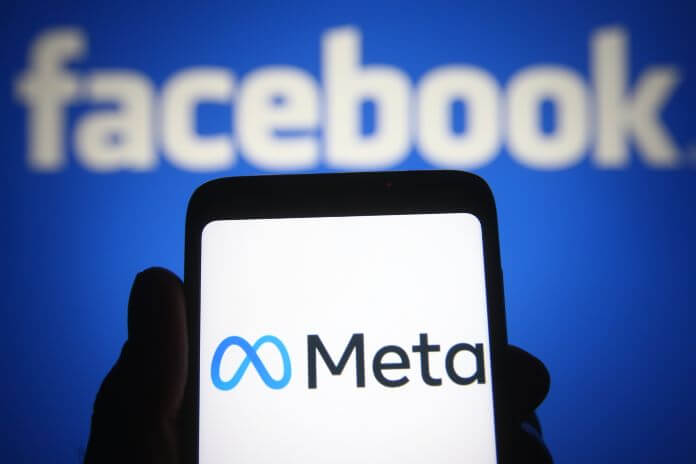Meta Platforms Inc. (NASDAQ:META) announced its first-quarter earnings on Wednesday, surpassing analysts’ expectations on both revenue and earnings per share. However, a lackluster forecast for the second quarter led to a sharp decline in the social media giant’s stock, plunging as much as 14% in early trading on Thursday.
The company projected second-quarter revenue to fall between $36.5 billion and $39 billion, below the midpoint estimates of $38.24 billion. Additionally, Meta’s CFO Susan Li revised the full-year total expenses estimate from a range of $94 billion to $99 billion to $96 billion to $99 billion due to increased infrastructure and legal costs.
During the earnings call, CEO Mark Zuckerberg highlighted the company’s focus on scaling capital expenditures and energy expenses for AI, emphasizing the importance of operating efficiently amid significant investment in new products. Meta also anticipates continued operating losses in its Reality Labs division as it expands its AI, AR, and VR initiatives.
While not offering guidance beyond 2024, Meta expects capital expenditures to rise next year as it aggressively invests in AI research and product development. In the first quarter, Meta reported earnings per share of $4.71 on revenue of $36.46 billion, exceeding Wall Street’s expectations of $4.30 EPS on revenue of $36.12 billion.
Meta’s stock performance has been robust, soaring 131% over the past 12 months and more than 39% year to date, outperforming chief rival Google (GOOG, GOOGL). This surge was partly attributed to a rebound in the digital advertising market, a $0.50 per share dividend announcement, and an increased stock buyback authorization by $50 billion last quarter.
Despite these positive developments, Meta did not provide updates on its shareholder return initiatives during the earnings release.
In recent months, Meta has made strides in its AI endeavors, unveiling its Meta AI chatbot and Llama 3 large language model. However, the chatbot stirred controversy after joining a private Facebook group for mothers in Manhattan and falsely claiming to have a child.
On the metaverse front, Zuckerberg revealed that Meta would open-source its Horizon operating system for headsets, enabling third-party companies like Lenovo and Microsoft to utilize it for their devices. This move aims to expand the availability of headsets in the market and bolster Meta’s presence in the AR/VR space.
Furthermore, Meta stands to gain from Congress’s TikTok ban, which President Biden signed into law, potentially redirecting users and creators to alternative platforms like Instagram for their social media needs.
Featured Image: Megapixl















